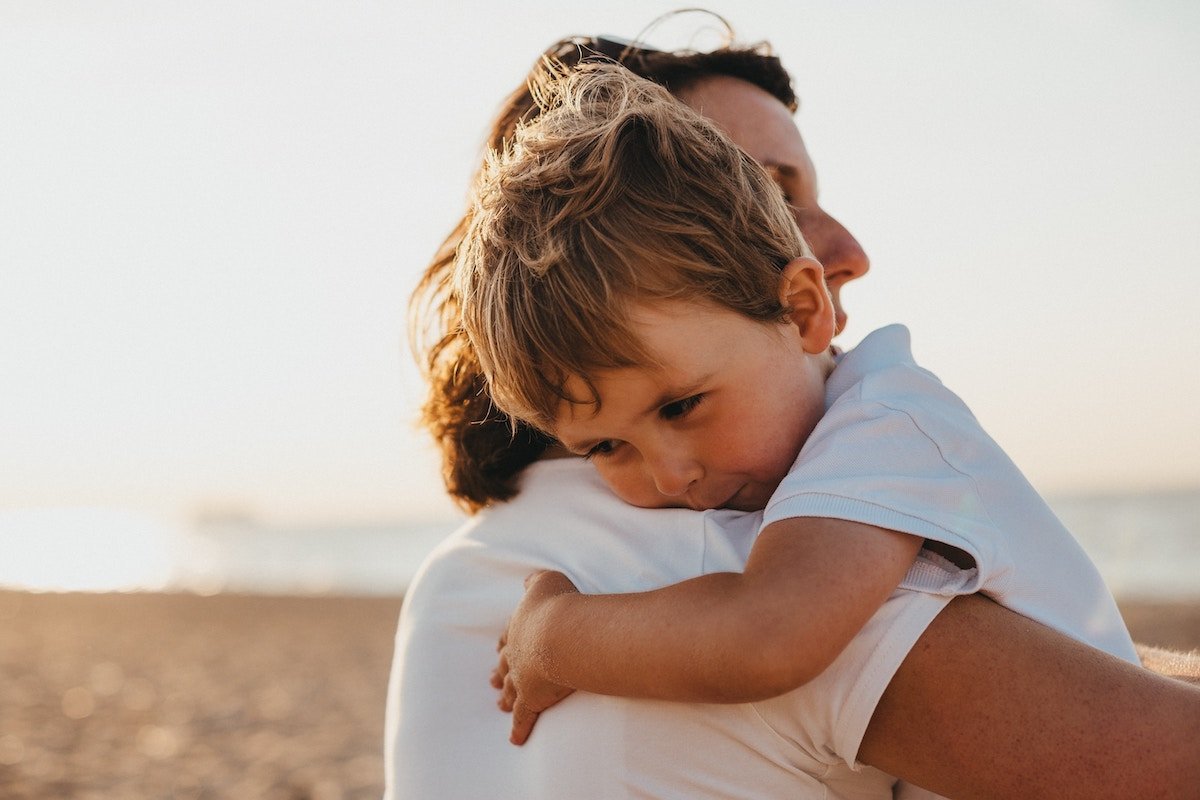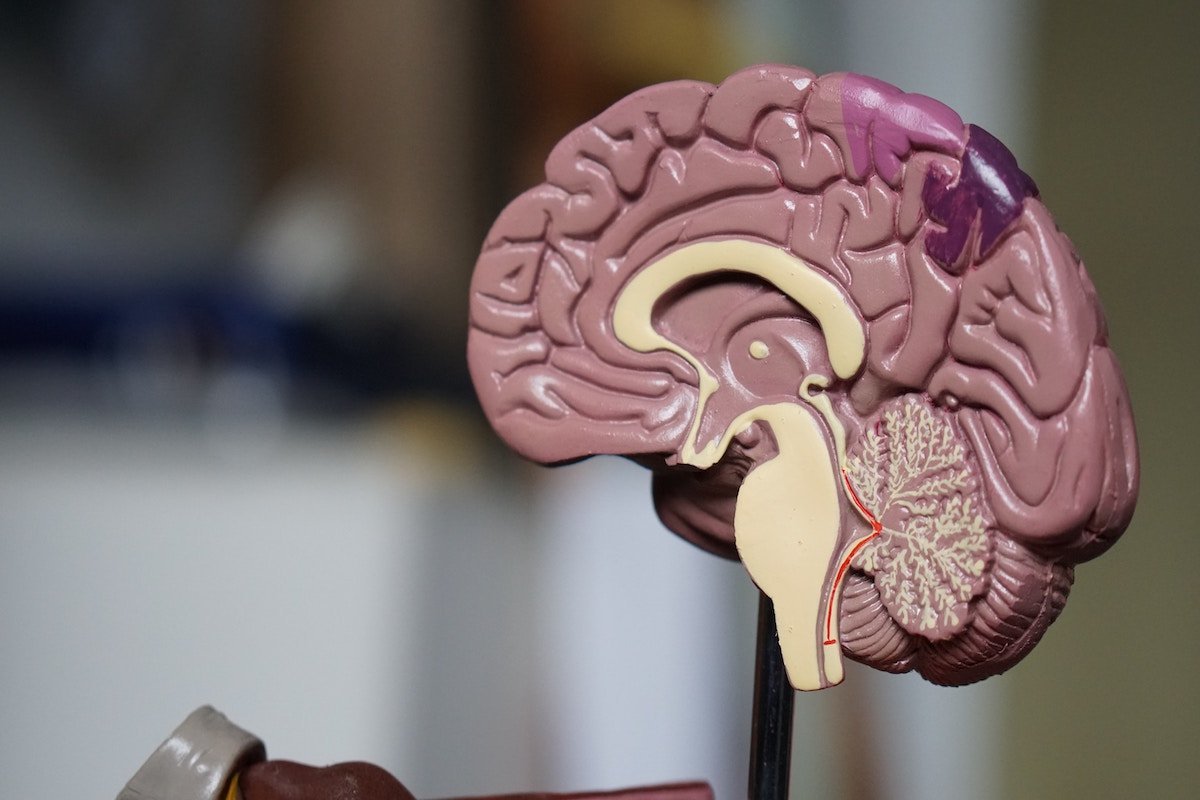Understanding Life’s Social-Emotional Milestones in Everyday Life
As children grow, the adults in their lives naturally have expectations about their evolving social and emotional needs. We recognize that babies require more consistent care and attention. We expect toddlers to assert their independence. We anticipate that elementary school children will begin to develop their self-confidence. We understand that teenagers strive to establish their identity.
The Power of Pivotal Moments in Your Child’s Social-Emotional Development
As children grow, the adults in their lives naturally have expectations about their evolving social and emotional needs. We recognize that babies require more consistent care and attention. We expect toddlers to assert their independence. We anticipate that elementary school children will begin to develop their self-confidence. We understand that teenagers strive to establish their identity.
Building Strong Foundations: How Maslow’s Hierarchy of Needs Can Help Your Child Thrive
If your child is in therapy, you might have wondered what you can be doing at home to support their growth. While every child is unique in the support systems that are best for them, Maslow’s Hierarchy of Needs can be beneficial to guide caregivers in building a strong foundation from which specific supports can be built. This foundation can lay the groundwork for emotional healing and growth.
Navigating Triggers: Using Patty Wipfler’s book Listen to Support Parents and Children
Parenting can be one of the most fulfilling yet challenging roles we undertake. There are moments of joy and connection, but there are also moments of frustration and stress, especially when a child’s behavior triggers a strong emotional reaction in us as the parent. Patty Wipfler's book, Listen: Five Simple Tools to Meet Your Everyday Parenting Challenges, offers valuable insights and practical tools to help parents navigate these challenging moments.
Farewell, Not Goodbye: When Therapy Comes to an End
"Are you breaking up with us?" This sentiment is one I've encountered numerous times as I broach the topic of termination with caregivers. While the remark may appear lighthearted, it undoubtedly speaks to the depth and significance of the therapeutic relationships we, as therapists, form not only with our clients but often with the entire family system.
Nurturing Emotional Intelligence with Internal Family Systems (IFS)
If you’re a caregiver, you have probably thought about how to support your child’s emotional intelligence. This may look like asking your child to “use their words” to name how they are feeling, or maybe your child has a big meltdown when something they want doesn’t go as planned. Whatever the scenario, equipping children with the tools to understand their emotional world is essential for their well-being and ability to maneuver through life’s ups and downs.
Why Children Don’t Need to Talk in Play Therapy
Play therapy can seem like magic at times. Your child comes to our office for 45 minutes once a week to play and after an average of five months, they’ve completed their therapeutic goals! Their emotional regulation has improved, their anxiety has decreased, or maybe their self-esteem is higher.
Aggression in the Playroom
Typically when someone thinks of therapy, images of a calm and quiet waiting room may appear in their mind. Maybe rain sounds are playing, and the office is filled with mid-century modern furniture and earth tones. As you can imagine, play therapy tends to be a bit different. Especially the sounds!
Love and Limits
I recently came across a parenting article and I love it for so many reasons. It’s The Rise of Accidentally Permissive Parents by Elizabeth Passarella in The Cut. I think it speaks to so many issues parents are having… resulting in a difficult reality of not feeling like you’re parenting well. What a hard place to be! I highly recommend the read.
Helping Your Child Find Motivation
If you have a strong enough “why” you can endure any “how.” This is a paraphrased idea courtesy of Friedrich Nietzche that I find to be very true in life. But man! Constructing a “why” strong enough to do something difficult can be pretty tough in our adult lives (for example, I procrastinated on writing this blog post), let alone our children’s lives.
Toys and Games with a Purpose
As play therapists, we often tell our caregivers to spend one-on-one time with their child for at least 30 minutes doing an activity of their child’s choosing or something they can enjoy together each week. We also know that finding that activity or free play can be a challenge for many caregivers. Have you ever wondered what toys and games we have in our rooms and why we use them? Keep on reading to understand more of the reason behind why we have chosen each specific toy in the play room and which ones might be worthwhile in adding to your collection at home!
Talking Tough Topics In the News
There have been many tragic events that have impacted our world and local Austin community as of late. As I write this, our community has just experienced the loss of several individuals through gun violence. Some days are just hard and our hearts feel exceptionally heavy. More and more I have caregivers ask if they should be discussing tough topics in the news with their child -- and if so, how?
Embracing the Holiday Season
During the holiday season, we often find that children have more difficulty with emotional regulation. Excitement is abundant and routine falls to the wayside: two things that shrink the level of tolerance children have for dysregulating stimuli.
Sleep: How to Support Your Child with Getting Quality Rest
I feel like it’s safe to say every single person who reads this blog has experienced a sleepless night and can remember the side effects they suffered the next day: lethargy, low motivation, trouble concentrating, desperate for a cup of coffee or tea, and maybe even being just outright cranky. (For me, the coffee mug seems permanently glued to my hand in an effort to recover.)




















